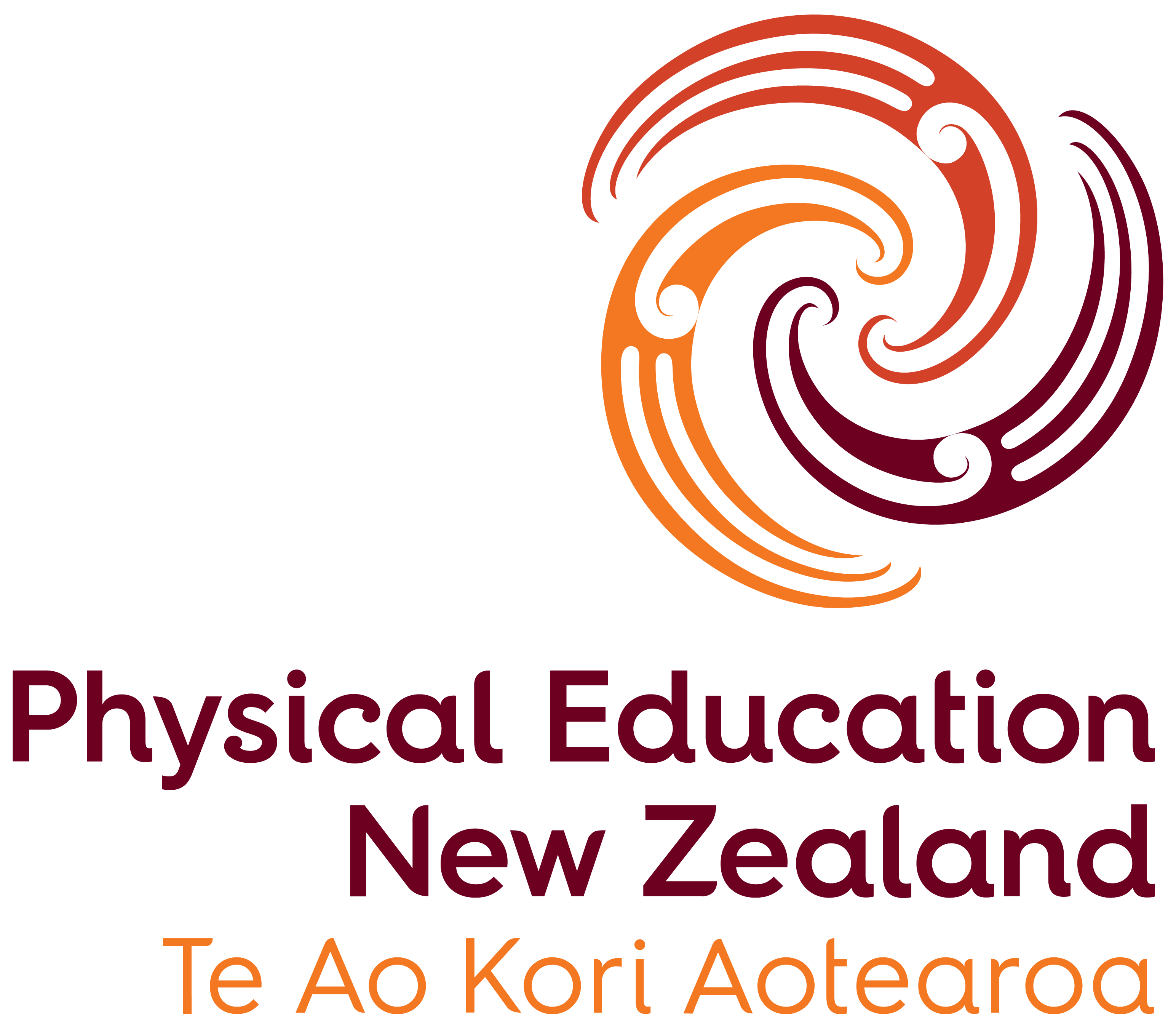Lady Joan Gillies Award
The Lady Joan Gillies Award recognises excellence in critical evaluation by a tertiary student on a physical education topic.
Prize money is $500
Submissions will close on the 30th September 2023
Eligibility
Undergraduate students attending a New Zealand tertiary institution.
Requirements
In relation to physical education provide a thought provoking piece that inspires, challenges or contributes to the wider physical education community to think critically.
What does physical education mean to you?
- Provide a clear and concise introduction to the topic
- Examine at least three points of view on the topic
- What do others say in support of, or disagreeing, with different points of view related to this topic
- What are the strengths and weaknesses of these differing points of view
- What is your position on the topic and why do you think this?
- Make valid judgements or draw conclusions, with consideration of future focused approaches or further suggestions. What needs to happen next from here?
- Use relevant research, and appropriate referencing, to support your analysis
NB: You could choose work from assessments completed. Craft and use your best piece of work.
Presenting the information
This critical evaluation can be presented as:
- A blog post
- vlog
- essay
- opinion piece
- TED type talk
- documentary
- interview
Written submissions should not exceed 1500 words and verbal/visual submissions (e.g.,vlog, TED type talk, documentary or interview) should not exceed 5 minutes. Please keep this in mind when selecting your topic.
Critical evaluation is the process of making informed and valid judgements or conclusions supported by comprehensive knowledge and evidence. Throughout the process we challenge assumptions and taken for granted points of view through reflecting and examining pros and cons, bias and different perspectives
A Physical Education topic could be an area of interest, an issue or challenge. This could include but is not limited to:
- What might a Te Ao Māori view of physical education look like?
- Physical education, Physical literacy, same or different?
- What did we learn about physical activity from COVID?
- Will the impact of COVID change the nature of sport?
- Constraints approach or Fitts and Posner’s 3 stages of learning?
- Have we lost the “E” in PE?
- Do strategies to get people active work?
- Are physical education programmes culturally responsive?
- What makes a quality physical education programme?
- What happens when measurement in fitness doesn’t measure up?
- Has technology become too pervasive in sport?
- Competition v participation in sport for young people?
- Are we losing risk out of our outdoor education environments?
- Gender equality in sport. It is not an easy fix.
- Sport drop off from school to tertiary – is it an issue?
These are suggestions only. You can choose your own topic.
Marking schedule
| 4 | 3 | 2 | 1-0 | |
| Provide a clear and concise introduction to the topic, issue or challenge. | Concise and clear outline of the topic, issue or challenge | Clear outline of the topic, issue or challenge | Outline of the topic, issue or challenge | An attempt is made to outline the topic, issue or challenge |
| 12-10 | 9-7 | 6-4 | 3-0 | |
| Examine at least three points of view on the topic. What do others say in support of, or disagreeing, with different points of view related to this topic. What are the strengths and weaknesses of these differing points of view. What is your position on the topic and why do you think this? |
At least 3 three points of view on the topic, are examined in detail, supported by research and or own experience, and include: What others say in support of, or disagreeing, the strengths and weaknesses of these differing points of view | 3 three points of view on the topic, are examined and supported by research or own experience, includes What others say in support of, or disagreeing, the strengths and weaknesses of these differing points of view |
2 three points of view on the topic, are described. There is some research or own experience included. | An attempt is made to describe some perspectives |
| 4 | 3 | 2 | 1-0 | |
| What is your position on the topic and why do you think this? | Position clearly articulated and supported with detailed and relevant reasoning | Position clearly articulated and supported by reasoning | Position outlined with some reasoning | An attempt is made to outline a position |
| 4 | 3 | 2 | 1-0 | |
| Make valid judgements or draw conclusions, with consideration of future focused approaches or further suggestions. What needs to happen next from here?. | Clear and detailed judgments or conclusions are outlined with logical consideration of future focused approaches supported by research, evidence or own experience | Clear judgments or conclusions are outlined with consideration of future focused approaches supported by research, evidence or own experience | Judgments or conclusions are outlined with some consideration of future focused approaches. Some research or evidence | An attempt is made to draw some conclusions |
Send submission
Send your submission to admin@penz.org.nz
